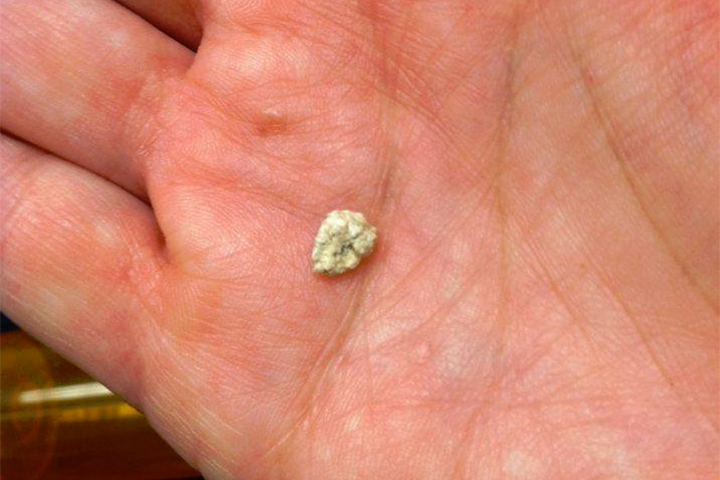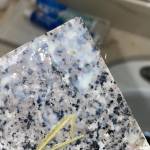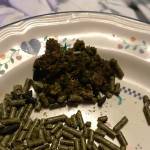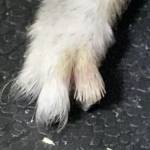Chinchillas are cute, furry, and friendly animals that make great pets. However, they are also prone to a variety of health problems, one of which is bladder stones. Bladder stones, also known as urolithiasis, can be painful and even life-threatening if left untreated. In this guide, we will discuss the causes, symptoms, and cure of bladder stones in chinchillas.
Causes of Bladder Stones in Chinchillas
Bladder stones in chinchillas are usually caused by a diet high in calcium and/or a lack of water consumption. Chinchillas are herbivores and their diet consists of hay, pellets, and vegetables. While these are all healthy for chinchillas, some vegetables and pellets contain high amounts of calcium, which can lead to the formation of bladder stones. Additionally, if a chinchilla does not consume enough water, the urine becomes concentrated, making it easier for minerals to form stones.
Symptoms of Bladder Stones in Chinchillas
The symptoms of bladder stones in chinchillas can be subtle at first, but can become more severe as the stones grow larger. Some common symptoms of bladder stones in chinchillas include:
- Straining to Urinate: If your chinchilla is spending a lot of time in its litter box, but is not producing much urine, it may be straining to urinate.
- Blood in Urine: If you notice blood in your chinchilla’s urine, it may be a sign of bladder stones.
- Lethargy: If your chinchilla is unusually tired or inactive, it may be a sign of bladder stones.
- Loss of Appetite: If your chinchilla is not eating as much as usual, it may be a sign of bladder stones.
- Painful Urination: If your chinchilla appears to be in pain when urinating, it may be a sign of bladder stones.
If you notice any of these symptoms in your chinchilla, it is important to take it to a veterinarian as soon as possible. A veterinarian can diagnose bladder stones through a physical exam, X-rays, or ultrasound.
Cure for Bladder Stones in Chinchillas
The treatment for bladder stones in chinchillas depends on the severity of the condition. If the stones are small and caught early, the chinchilla may be able to pass them on its own with the help of medication and a diet change. However, if the stones are large or causing a blockage, surgery may be necessary.
If your chinchilla has bladder stones, your veterinarian will likely recommend a diet change to reduce the amount of calcium in its diet. Additionally, your chinchilla may need medication to help dissolve the stones or pain medication to manage any discomfort.
In severe cases, surgery may be necessary to remove the stones. Surgery is typically done under general anesthesia and involves making a small incision in the abdomen to access the bladder. The stones are then removed and the incision is closed with stitches.
Preventing Bladder Stones in Chinchillas
The best way to prevent bladder stones in chinchillas is to ensure they have a healthy diet and plenty of water. Chinchillas should have access to fresh water at all times and their water bottle should be cleaned and refilled daily. Additionally, their diet should consist of hay, pellets, and vegetables that are low in calcium.
It is also important to keep your chinchilla’s cage clean and well-maintained. A clean cage can help prevent the buildup of bacteria and minerals that can lead to bladder stones. Regular cleaning of the litter box and removing any soiled bedding can also help reduce the risk of bladder stones.
Additionally, providing your chinchilla with opportunities for exercise and playtime can help prevent bladder stones. Chinchillas that are active and moving around are more likely to drink water and urinate, which can help flush out the bladder and prevent the buildup of minerals that can lead to stones.
Bladder stones can be a serious health issue for chinchillas, but they can be treated with the help of a veterinarian. By providing your chinchilla with a healthy diet, plenty of water, and opportunities for exercise, you can help prevent bladder stones from developing in the first place. If you notice any symptoms of bladder stones in your chinchilla, it is important to take it to a veterinarian as soon as possible to receive a diagnosis and treatment plan.







